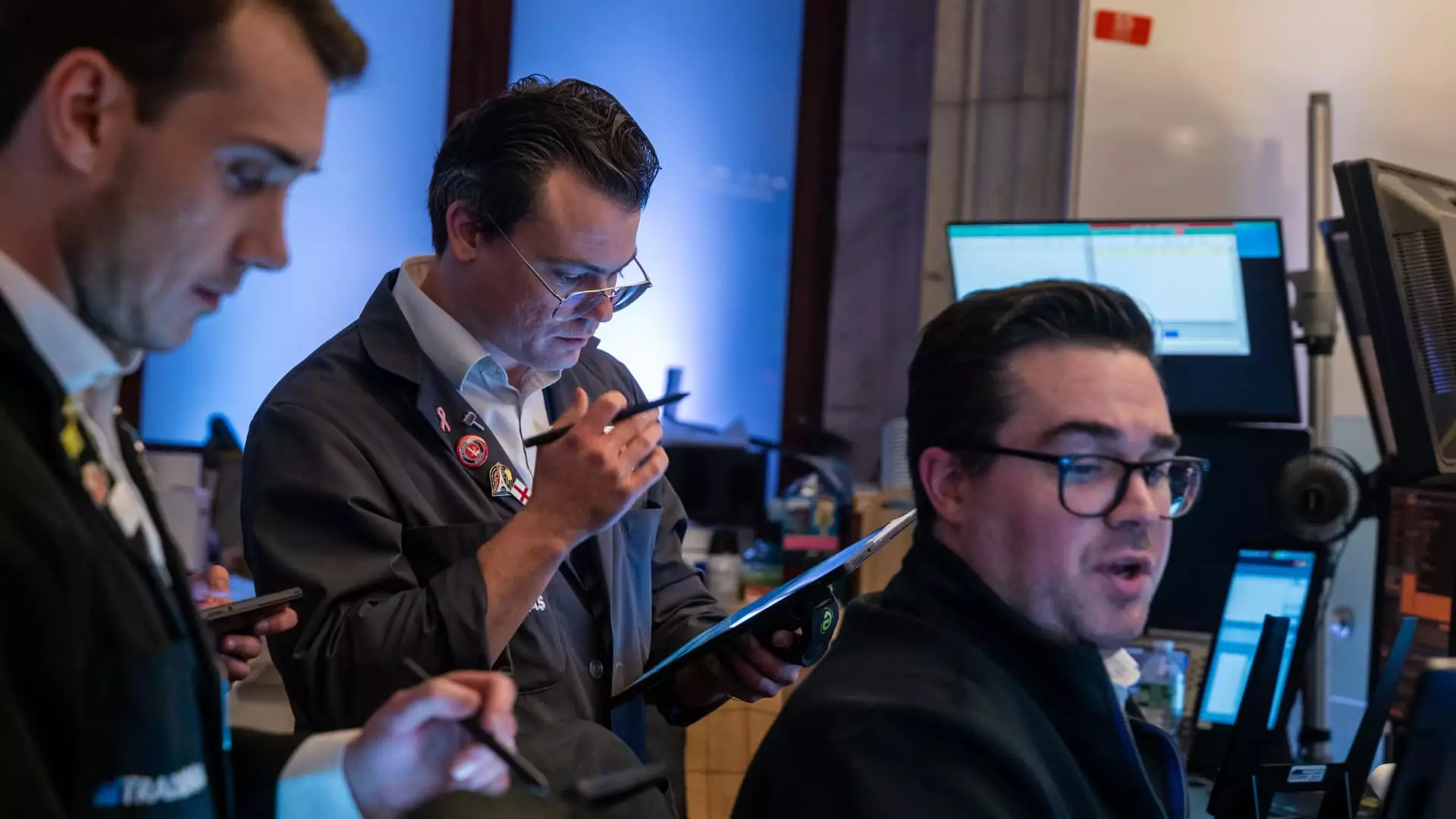Despite the stock market showing signs of high valuations, investor sentiment appears to be bullish according to a recent quarterly survey by Charles Schwab. A striking 51% of active traders surveyed expressed bullish sentiments, far outpacing the 34% who identified as bearish. This study, which included over 1,000 active market participants, revealed intriguing trends, particularly among younger traders. Notably, those under 40 years of age exhibited a pronounced increase in optimism, with bullish sentiments rising to 59%—an increase from 47% just three months prior.
This optimism is particularly curious given the prevailing sentiment that the market is overvalued. Two-thirds of those surveyed harbor concerns about inflated stock prices, yet they still maintain a hopeful outlook regarding market performance. James Kostulias, head of trading services at Schwab, acknowledged this dichotomy, stating that while traders recognize the potential for overvaluation, they also sense further opportunities for growth. He noted a significant willingness among traders to allocate additional funds toward stocks in the first quarter of the year, which may indicate a forward-looking approach despite existing market concerns.
Context of Macroeconomic Influences
The bullish attitude comes against a backdrop of a market that has recently experienced a slowdown after a two-year rally, during which the S&P 500 surged by over 50%. Current market dynamics are tempered by rising fears of economic deceleration and the volatility stemming from swift policy changes enacted by the current administration. With the S&P 500 showing a marginal uptick of just 1.3% for the year and the tech-focused Nasdaq Composite even dipping into negative territory, traders may be feeling the tug-of-war between optimism and reality.
Even so, specific sectors are drawing particular interest from traders. Notably, energy, technology, finance, and utilities are seen as sectors primed for growth, particularly in light of anticipated regulatory rollbacks associated with the current administration. This focus on certain sectors suggests not only bullishness but also a strategic approach to investment, as traders seek to position themselves in areas that could benefit from upcoming political and economic shifts.
Shifting Economic Perceptions
Interestingly, the survey also highlighted a significant shift in traders’ perceptions of a potential recession, with only a third of respondents deeming it “somewhat likely.” This marks a notable decline from the previous quarter when 54% of traders were concerned about a downturn. Additionally, the majority of traders do not foresee a resurgence of inflation, with two-thirds believing that price pressures will stabilize. This mixed sentiment creates a complex backdrop where optimism exists, even when tempered by caution regarding economic fundamentals.
Overall, while many traders acknowledge the risks associated with an overvalued market, their willingness to remain invested suggests a confidence in the market’s long-term trajectory. As the economic landscape continues to evolve, these sentiments will play a crucial role in shaping market dynamics going forward.

